So Mike, in a nutshell, what is Shoal?
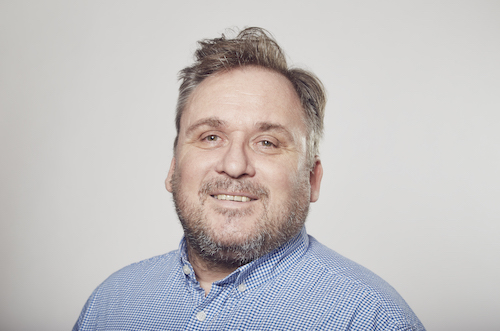
MB: Shoal has been created as an initiative to save the world’s most threatened freshwater biodiversity. There is a crisis underway for the world’s wetlands that has been ongoing for many years, but largely unrecognised by the wider public. Since 1970, according to the WWF Living Planet Report, there has been an 84% decline in wetland biodiversity and one in three freshwater species are under threat of extinction. We need to respond to this crisis and through Shoal we plan to engage as many people as possible in this effort.
On a personal level, why focus on freshwater fish after working for so long on tiger conservation?
MB: I became aware of the crisis for freshwater fishes many years ago when we were prioritising conservation efforts in the Mekong region and later when I worked on the Danube. It was while I was working on tigers that I had the idea that we might be able to tackle the crisis for fish by engaging precisely those people who already have a strong interest in fish and wetland biodiversity. It seemed to me that while there was lack of funding and a huge gap in conservation effort for fish, there was a very large community already hugely passionate about fish such as aquarium hobbyists, anglers, public aquaria and zoos, inland fisheries and all the businesses associated with these activities. Yet there seemed to be little concerted effort to harness this passion to conserve freshwater species and diversity.
Tigers are incredible animals and they face severe challenges. However, their charisma and iconic status garners them a great deal of attention and effort. I really wanted to use my experience to focus on a fundamental challenge for biodiversity conservation, those neglected freshwater ecosystems, full of incredibly beautiful, fascinating and diverse species that so desperately need our help. Every day, it is a true to delight to discover more and more about the wonders of freshwater species.
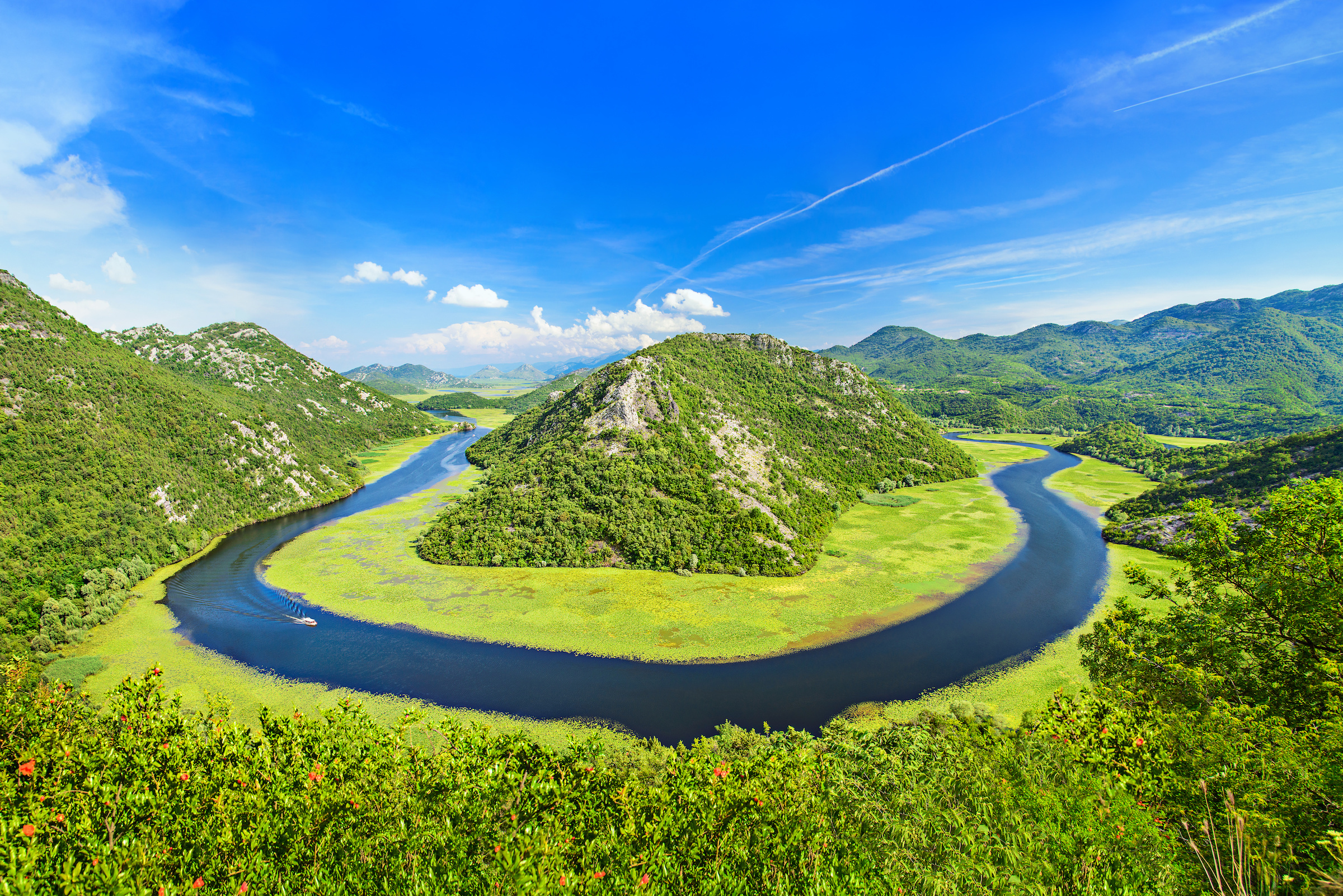
You say that Shoal focuses on freshwater biodiversity but mainly talk about fish? Which is it?
MB: Shoal was set up to tackle the freshwater species crisis. However, the entry point for most people and businesses are fish. So, while we wouldn’t normally consider most fish as flagship species, for many they certainly are. Also people like Jeremy Wade, who has kindly offered to speak at our launch on March 1, have done a great deal to popularise fish to a very wide audience. Furthermore, often where there are threatened species of fish, there are other threatened species. When you protect and restore the fish habitat, you are providing the conditions for survival for many other species. However, as Shoal develops, we will certainly have a specific focus on many species other than fish. For example, we already have one project concept to look at the conservation status of a group of plants called cryptocorynes: these are popular aquarium plants, but they may be going extinct due to over collection and habitat destruction.
Can you describe the relationship between Shoal and Synchronicity Earth?
MB: When we first began conceptualising Shoal, a number of the experts recommended that we contact the freshwater team at Synchronicity Earth (SE) as they were aware that their focus was on helping neglected and overlooked species. In preliminary meetings with scoping partners, we decided that to set Shoal off we would need a home in an existing organisation, and we were pleased that SE agreed to make it one of their programmes and to host the initiative and partnership. SE is committed to supporting initiatives that leverage a greater impact for threatened species such as amphibians and now they are doing that for other freshwater species via Shoal. The team at SE is an invaluable platform from which to develop Shoal.
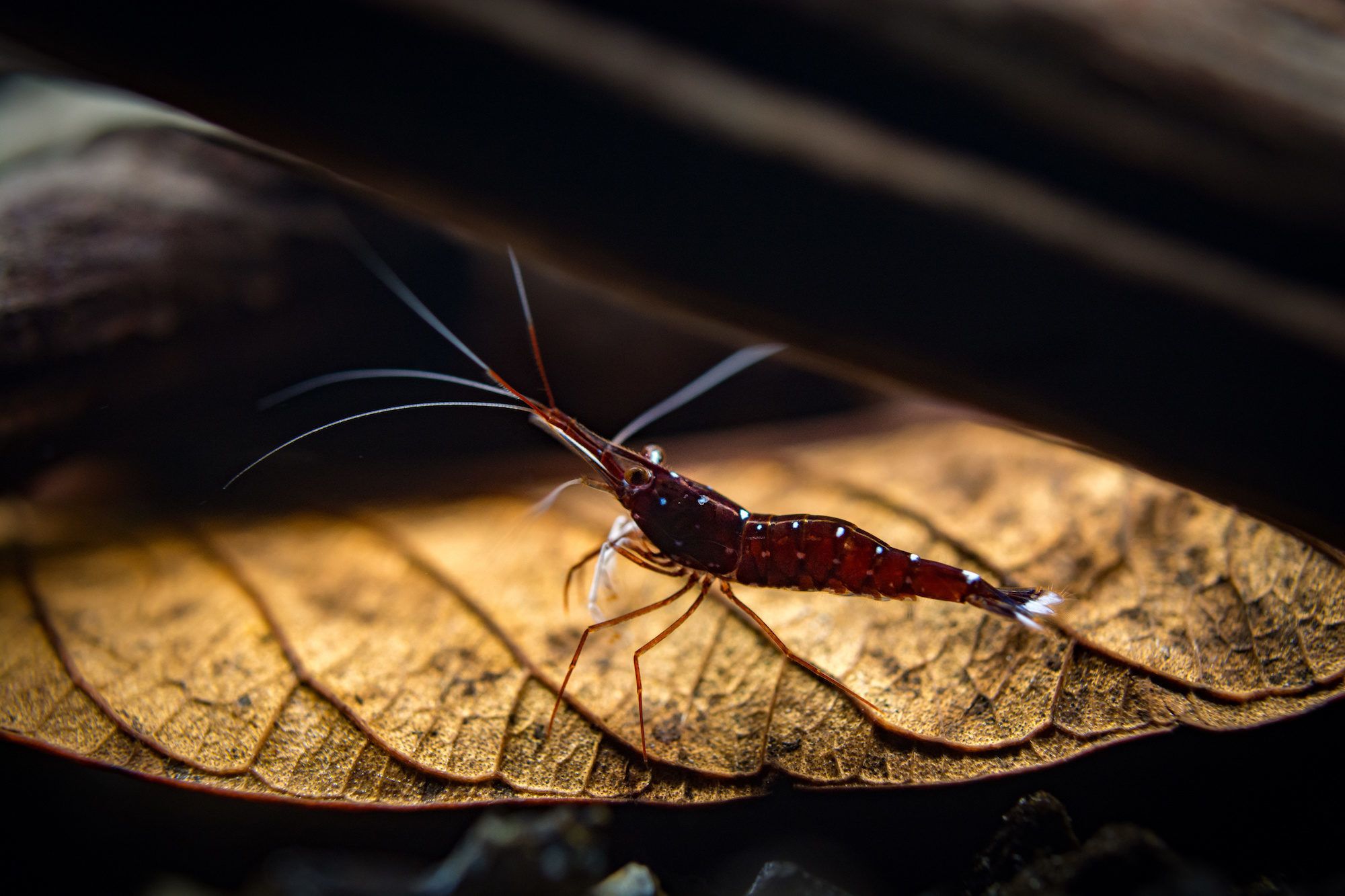
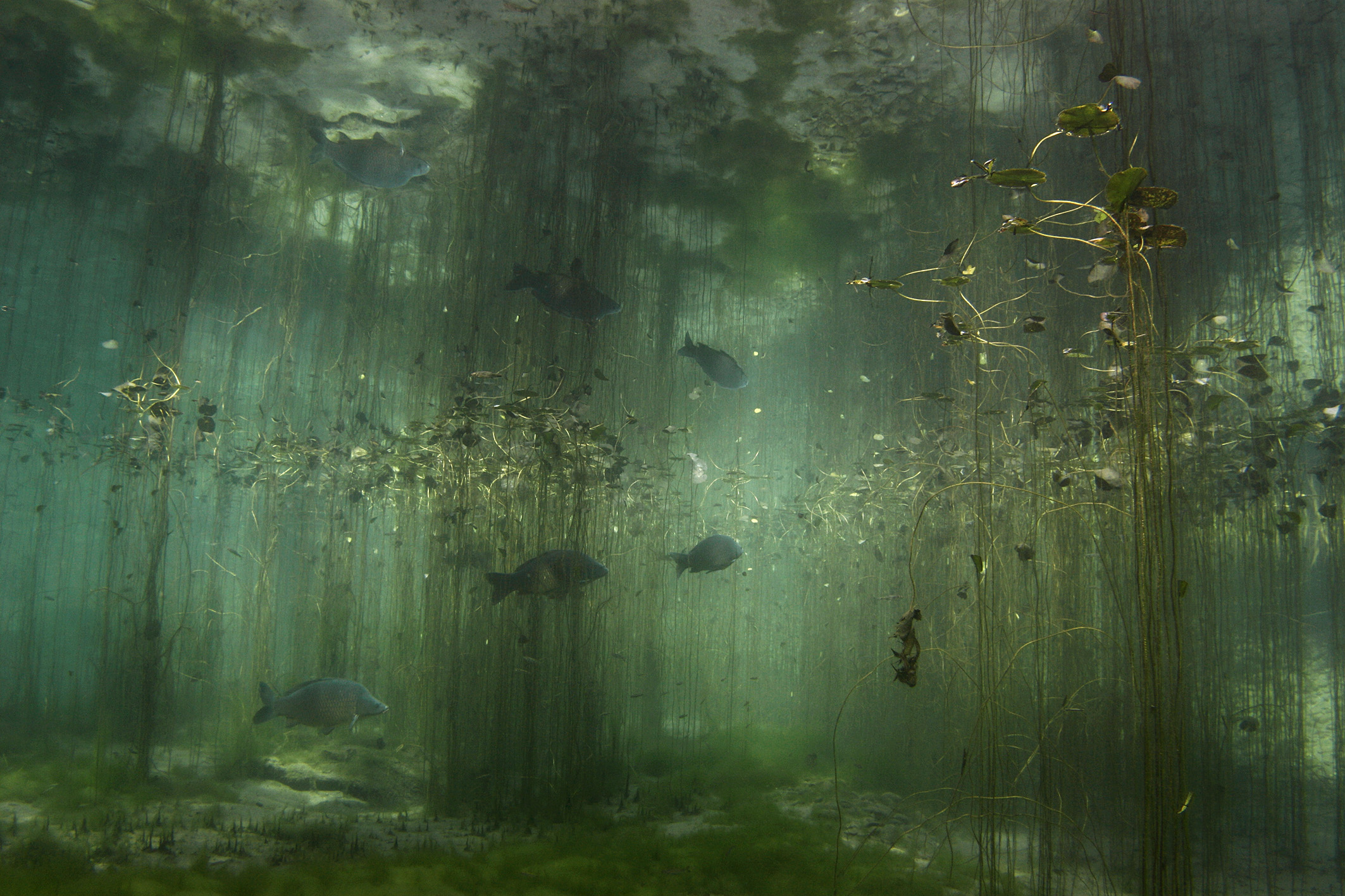
It is refreshing to hear about a partnership approach. Who are the partners?
MB: The partnership is the essence of Shoal – in fact, it is the Shoal! While we start with the usual conservation partners such as IUCN and WWF, and know that their participation and support is vital, the partners that will really make a difference, particularly in the long run, are those that are already invested in fish. These are the anglers, aquaria and fishing hobbies and businesses. The conservation world and the hobbyist world have largely been separated, sometimes in conflict. Shoal aims to provide a platform for these two to work together. There are already a few examples of this happening, but to make a difference we need to broaden and deepen these partnerships.
One set of important partners are our local partners, who undertake the direct conservation work. These are very often small, community-led organisations that volunteer their time to saving these species but have very limited resources to be effective and to sustain their activities. Our job at Shoal is to help them find the funding and support their training where necessary.
It is great to hear that Shoal is providing a platform for anglers and aquarists to engage. In practical terms, what can they do to help?
MB: First and foremost, we all need to learn more about the issues. Anglers and aquarists already know a great deal about the status of the species that they are interested in and often about the habitat in the wild where these species survive. But we need to share that information more widely. Secondly, it is important to learn about the best way to fish and source the fish for their aquaria. There is plenty of guidance already on this available and we have some pointers to this on our website. Thirdly, they can get engaged in conservation activities either through their local associations or through existing conservation schemes. There are plenty out there. Finally, while conservation starts in the back garden, most of the highest priorities for conservation, and those which receive the least support, are found outside Europe and North America. To help these species, they can donate to the projects that we are raising funds for on the other side of the world. Anglers and aquarists can learn about these projects and support our partners to make the difference. We are also looking at improving ways that anglers and aquarists can actively participate in species recovery projects, for example, by helping zoos to breed populations of rare species.
What will Shoal do?
MB: Well, we are just getting started. It will take some time for us to build up the partners and relationships with supporters before we can really make the impact we desire and which is so urgently needed. The sooner we can fast-track it the better, but we will need some patience. Shoal’s principal objective is to catalyse action on the ground for the most threatened species. This requires funding and a much higher level of capacity to implement. We believe that the secret lies in strong, local organisations whether it is communities or local government or organisations set up for nature conservation. We do have some projects that we are now scoping and people can learn about and directly support those. You can find these on our website.
And where do you see Shoal, say in 5-10 years?
MB: We plan to have a global network of supporters that can be active in freshwater species conservation and one by one we can begin to ensure that each threatened fish species is the focus of conservation action.
Do you have one last message?
MB: My main message is, if you are interested in and care about freshwater habitats and all the amazing species they are home to, please help us to spread the word and please get in touch. Shoal is a partnership where the stronger we swim together the better we can help fish and other freshwater species.

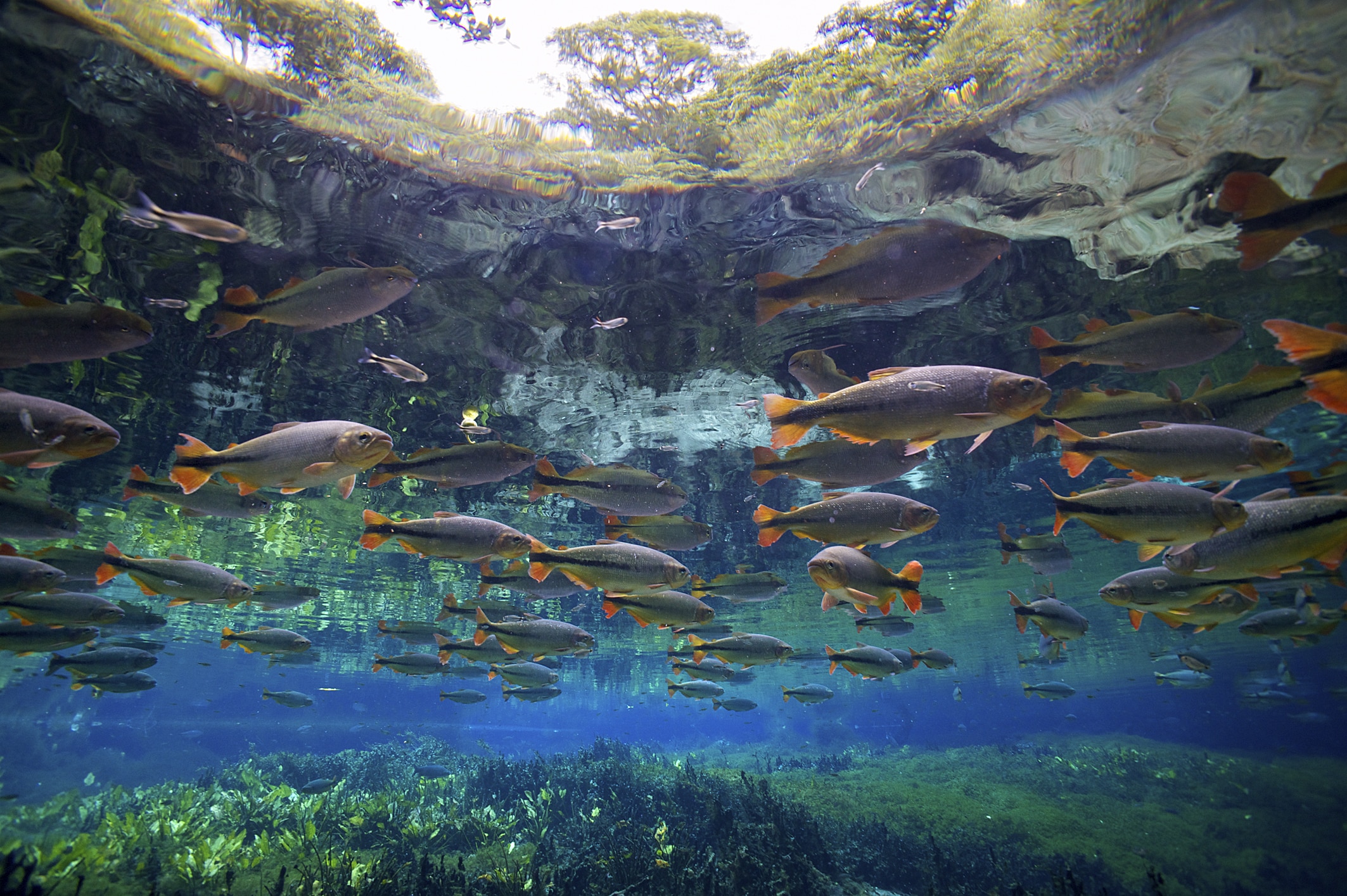
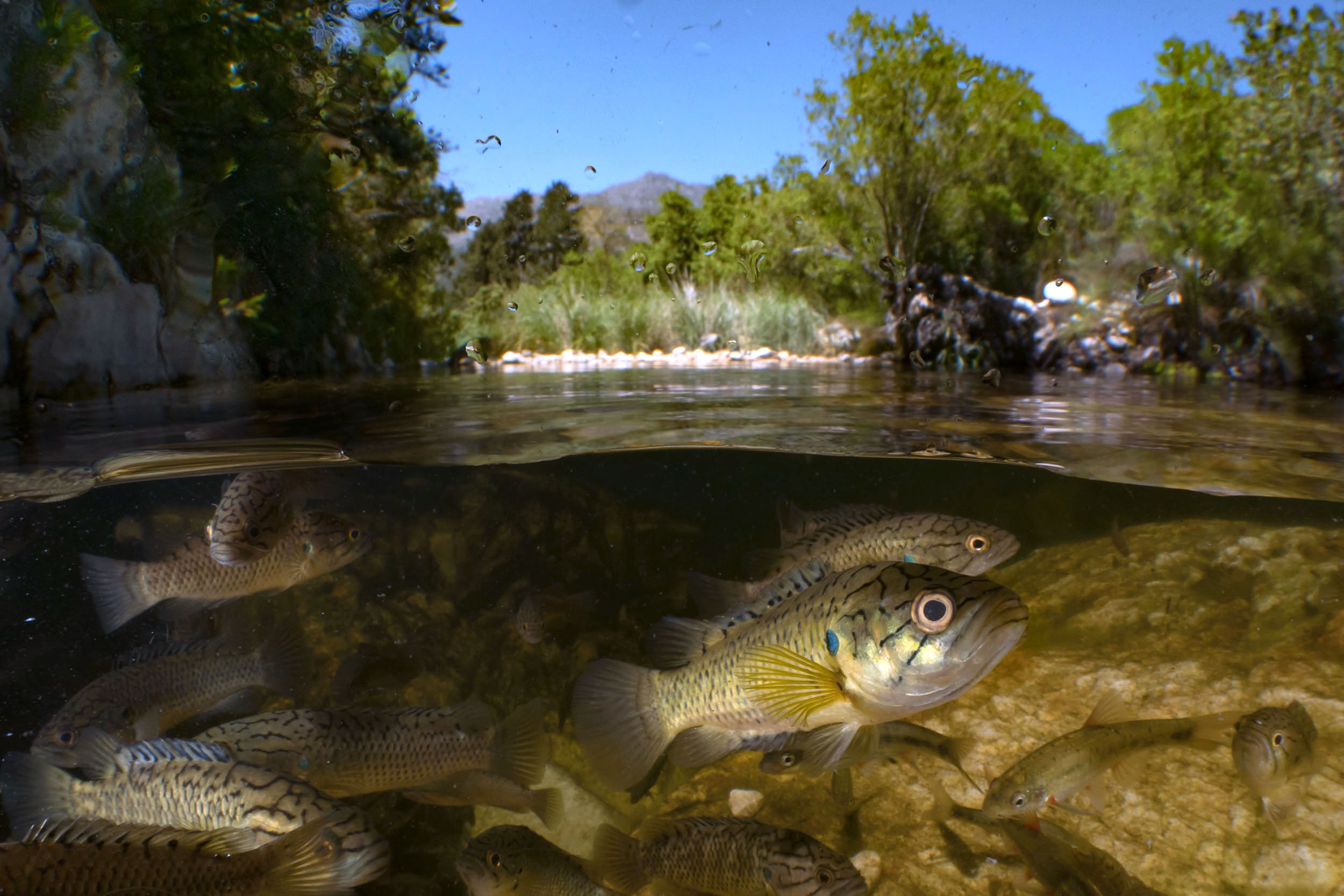
)
)
)
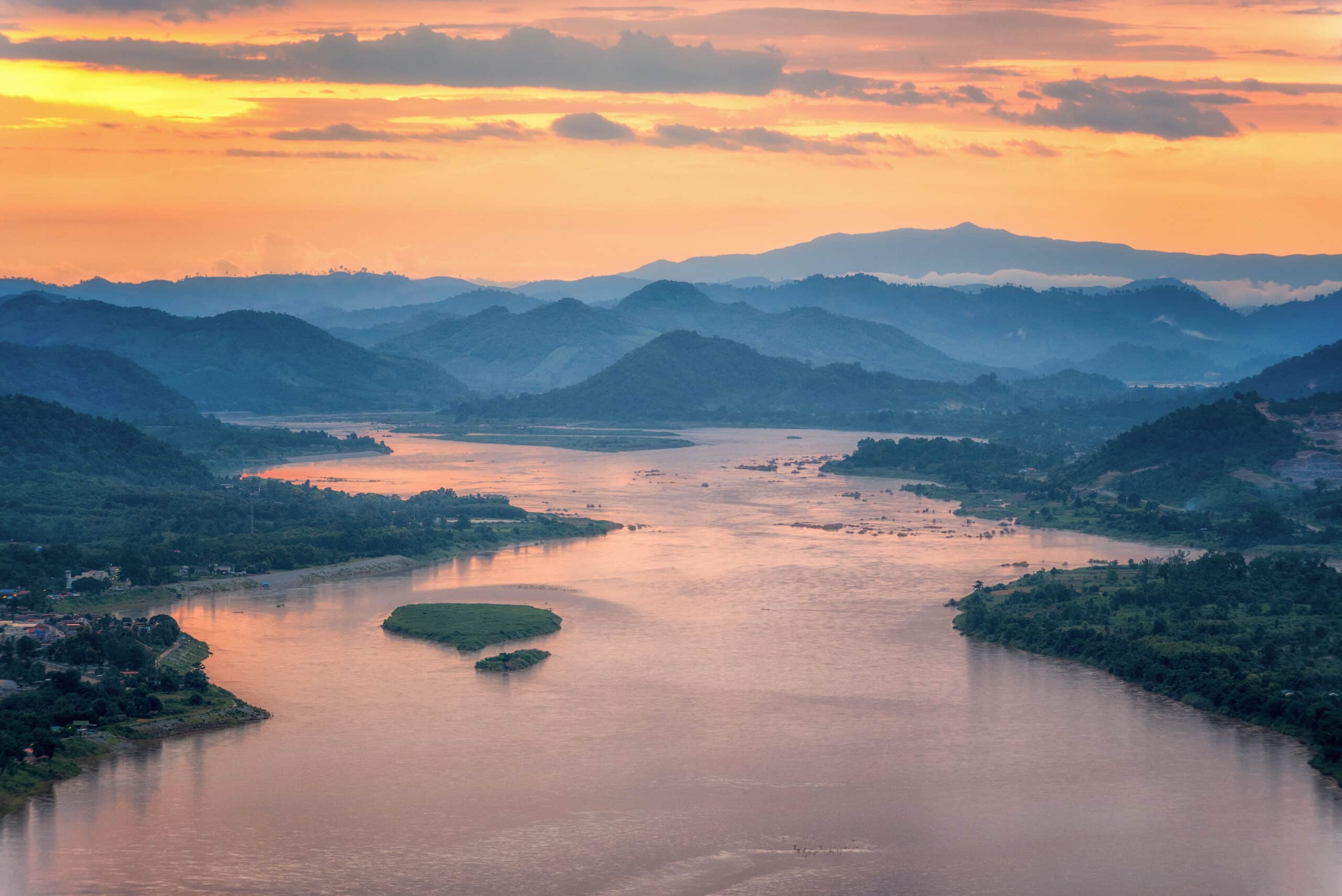
)
)

